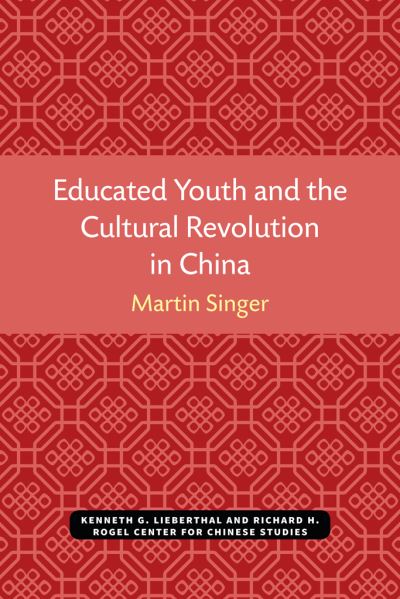
The Cultural Revolution was an emotionally charged political awakening for the educated youth of China. Called upon by aging revolutionary Mao Tse-tung to assume a "vanguard" role in his new revolution to eliminate bourgeois revisionist influence in education, politics, and the arts, and to help to establish proletarian culture, habits, and customs, in a new Chinese society, educated young Chinese generally accepted this opportunity for meaningful and dramatic involvement in Chinese affairs. It also gave them the opportunity to gain recognition as a viable and responsible part of the Chinese polity. In the end, these revolutionary youths were not successful in proving their reliability. Too "idealistic" to compromise with the bourgeois way, their sense of moral rectitude also made it impossible for them to submerge their factional differences with other revolutionary mass organizations to achieve unity and consolidate proletarian victories. Many young revolutionaries were bitterly disillusioned by their own failures and those of other segments of the Chinese population and by the assignment of recent graduates to labor in rural communes.
| ISBN: | 9780472038145 |
| Publication date: | 19th January 2021 |
| Author: | Martin Singer |
| Publisher: | University of Michigan, Center for Chinese Studies an imprint of University of Michigan Press |
| Format: | Paperback |
| Pagination: | 114 pages |
| Series: | Michigan Monographs in Chinese Studies |
| Genres: |
Revolutionary groups and movements Asian history |